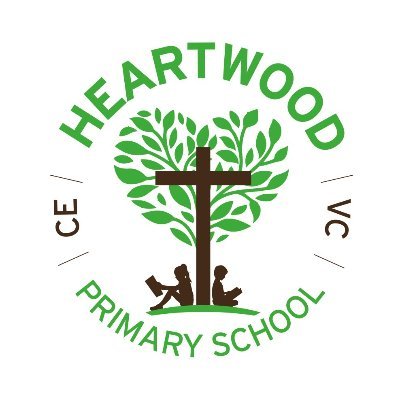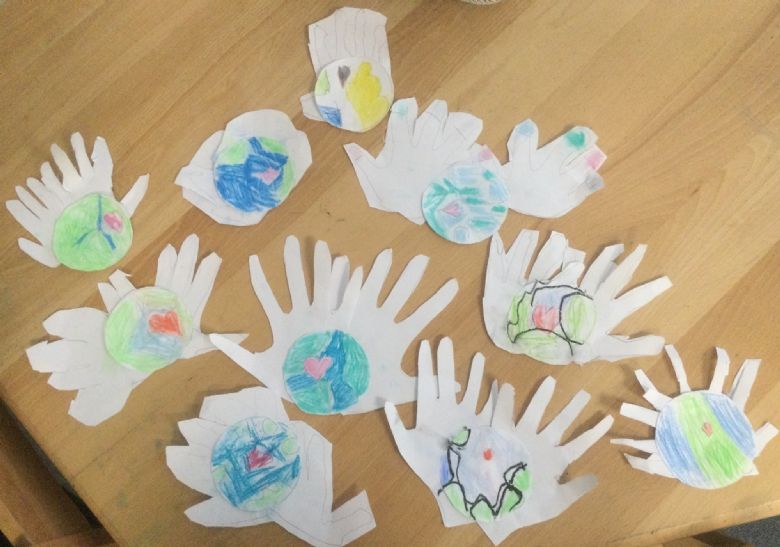Geography
'The study of geography is about more than just memorizing places on a map. It's about understanding the complexity of our world, appreciating the diversity of cultures that exists across continents. And in the end, it's about using all that knowledge to help bridge divides and bring people together.' Barack Obama
The aims and objectives of Geography are in line with the National Curriculum and enable children to:
- develop contextual knowledge of the location of globally significant places – both terrestrial and marine – including their defining physical and human characteristics and how these provide a geographical context for understanding the actions of processes.
- understand the processes that give rise to key physical and human geographical features of the world, how these are interdependent and how they bring about spatial variation and change over time.
- are competent in the geographical skills needed to:
collect, analyse and communicate with a range of data gathered through experiences of fieldwork that deepen their understanding of geographical processes.
interpret a range of sources of geographical information, including maps, diagrams, globes, aerial photographs and Geographical Information Systems (GIS).
communicate geographical information in a variety of ways, including through maps, numerical and quantitative skills and writing at length.
Intent
At Heartwood we aim to develop children's curiosity and fascination about the world around them and the people within it. Our curriculum is designed to ensure that pupils develop knowledge about diverse places, people, resources and natural and human environments, together with a deep understanding of the Earth’s key physical and human processes.
Our curriculum intent is to offer a progressive structure and sequence of lessons that develop a broader, deeper understanding of the four areas of geography identified in the national curriculum. These are locational and place knowledge, human and physical features and skills and fieldwork.
Teaching will develop contextual knowledge of the location of globally significant places and understanding of the processes that give rise to key physical and human geographical features of the world, along with how they bring about variation and change over time.
We develop children’s curiosity and a fascination of the world and its people that will remain with them for the rest of their lives. The units offer a range of opportunities to investigate places around the world as well as physical and human processes. Geography at Heartwood has a strong focus on vocabulary, allowing children to understand and use the correct terminology as geographers.
Our curriculum is called ‘Making a difference’ as all of our learning guides our children to grow and develop into wonderful and thoughtful citizens who make a difference to their community and society, with opportunities for fieldwork that adds value to classroom experiences.
Implementation
The EYFS framework is structured very differently to the national curriculum as it is organised across seven areas of learning rather than subject areas. The most relevant statements for geography are taken from the following areas of learning: Understanding the World, People, Communities and Culture.
In KS1, children begin to use maps and recognise physical and human features within the local area, building to using maps to explore the continents and oceans of the world in year 2. Further, in year 2, children will begin to compare where they live to places outside of Europe and ask and answer geographical questions.
In KS2, map skills are developed further using digital maps, keys and symbols; and children begin to use more fieldwork skills. All children expand on their skills in local knowledge, place knowledge, human and physical geography, geographical skills and fieldwork. Across both key stages, key vocabulary is to be used by the children to deepen their geographical knowledge and children have a range of opportunities to take part in fieldwork.
Impact
Our curriculum will provide children with the cultural capital that will enable peace and prosperity for people and the planet, now and in the future. All children will use geographical vocabulary accurately and understand the different strands of geography, with a deep understanding of the Earth’s key physical and human processes. Children will begin to make relevant links from geography to other curriculum subjects, such as history and science. They will improve their enquiry skills and inquisitiveness about the world around them, and their impact on the world. All children will realise that they have choices to make in the world, developing a positive commitment to the environment and the future of the planet.
Children will become competent in collecting, analysing and communicating a range of data gathered. They will be able to interpret a range of sources of geographical information and they will communicate geographical information in a variety of ways. All children in the school will be able to speak confidently about their geography learning, skills and knowledge.
Enrichment opportunities 23/24 and 24/25
Geography enrichment days are planned throughout the year to help deepen children's knowledge and understanding and enhance cultural capital, experiences, and vocabulary. Enrichment days include Earth Day and 'Around the World Day'.
We also enhance learning experiences through trips and visitors. All pupils have access to enrichment opportunities throughout the year.
| Nursery | Reception | Year 1 | Year 2 | Year 3 | Year 4 | Year 5 | Year 6 |
|
Forest, school grounds |
Forest, School Local area visit Pensthorpe Natural Park |
Forest School, Sandringham Estate Swaffham Town |
Forest School, Field work - Wells coast |
Forest School, Local shops - audit of products with palm oil |
Forest School, Visitor and connections with Northern Ireland |
Forest School, Field work-Hunstanton coast |
Field work - Rivers Castle Acre |

